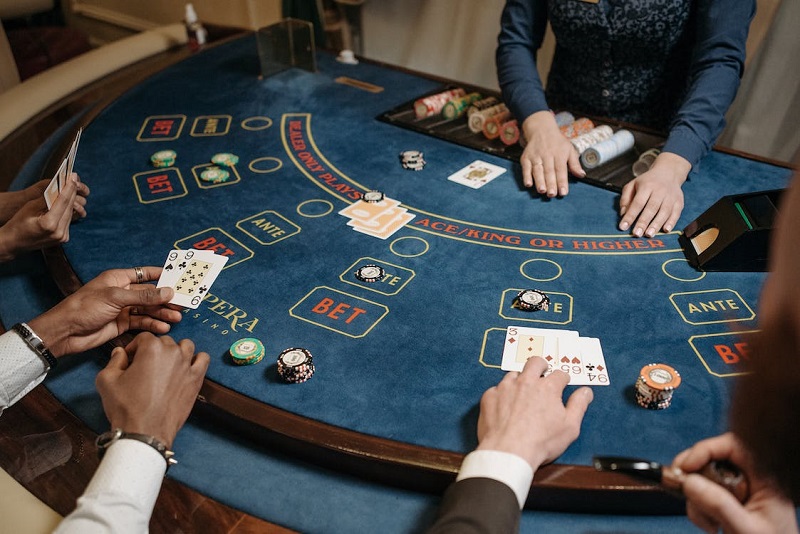
Poker Pitfalls: Who Should Think Twice Before Playing?
Poker, often dubbed the game of wit and strategy, has seen an explosion in popularity over recent decades. From high-stakes tournaments to friendly games among friends, its allure is undeniable. However, like any game involving money, risk, and competition, it isn’t suitable for everyone.
This article delves into the profiles of individuals who might want to think twice before diving into the poker realm. While the game can be a fun, social, and potentially lucrative activity, certain characteristics or life circumstances can turn the experience from enjoyable to detrimental.
The Emotional Player
Emotions can be a poker player’s worst enemy. Those who wear their hearts on their sleeves and struggle to control their emotions might find poker particularly challenging. Reacting impulsively to a bad hand or becoming excessively elated after a win can give away your strategy to seasoned players.
Moreover, letting emotions guide decisions can lead to poor strategy choices and rash bets. An inability to maintain a poker face or to separate feelings from gameplay can be a recipe for disaster in this game.
Financially Vulnerable Individuals
Low Financial Literacy
One’s financial standing and understanding play a crucial role in poker. Individuals with limited financial knowledge or those unfamiliar with money management might not grasp the implications of their bets or the real value of the money they’re risking.
Limited Disposable Income
Playing poker without a set budget or betting money you can’t afford to lose can lead to financial ruin. Those without disposable income or with pressing financial obligations should avoid risking their funds in games of chance.
Compulsive Gamblers
People with a history of gambling addiction or compulsive betting behaviors should stay away from poker. The game’s competitive nature and potential for significant returns can be a triggering environment for relapse.
Underestimated Costs
It’s not just about the money placed on the table. Traveling to casinos, buying into games, and other associated costs can add up. People not prepared for these expenses might find themselves in a tight spot.
The Illusion of Quick Wins
Those seeking a fast route to riches might be disillusioned. Poker requires skill, patience, and often, a lot of time to see substantial returns. Believing in overnight success can lead to disappointment and financial losses.

The Overconfident Rookie
While confidence can be an asset in many life scenarios, overconfidence in poker, especially among beginners, can be detrimental. Underestimating opponents or thinking that the game is easy can quickly result in losses. Every player, no matter how skilled, has room for improvement and learning.
Jumping into high-stakes games without adequate experience or understanding of the game’s nuances is a common pitfall. Humility and a willingness to learn can go a long way in ensuring a positive poker experience.
Wrapping Up: To Play or Not to Play?
Poker is undeniably an enticing game that offers social, mental, and financial rewards. However, it’s essential to approach it with caution, self-awareness, and adequate preparation. Knowing one’s limitations and being honest about personal suitability for the game can make all the difference between enjoyment and regret.
If you recognize yourself in any of the profiles mentioned above, it might be worth reconsidering your desire to play or seeking guidance on how to approach the game responsibly.
